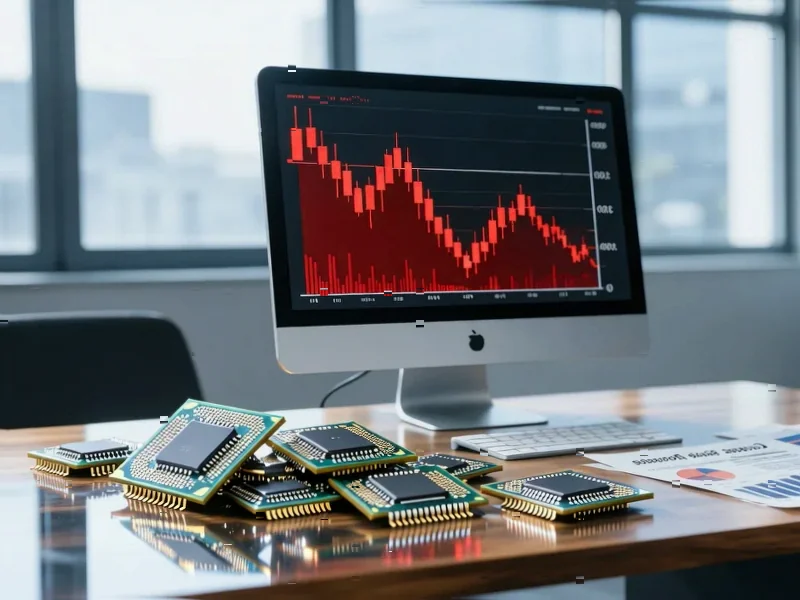According to GameSpot, Nintendo wants to be “even more actively involved” in moviemaking after The Super Mario Bros. Movie earned $1.36 billion globally, ranking as the No. 2 highest-grossing film of 2023 and No. 18 highest-grossing movie in history. President Shuntaro Furukawa stated in Nintendo’s latest earnings report that films represent “long-term assets” for the company’s future beyond gaming. The Super Mario Galaxy Movie is scheduled for 2026, followed by a live-action The Legend of Zelda film in 2027, with Shigeru Miyamoto producing both projects. Nintendo’s internal Nintendo Pictures unit is experimenting with short videos like the recent Pikmin content, while major feature films will continue being handled by established Hollywood studios like Universal and Illumination.
Nintendo’s Cautious Approach
Here’s the thing that struck me about Nintendo’s strategy: they’re being incredibly careful about this expansion. They’re not going all-in with their own studio – they’re letting Hollywood handle the heavy lifting while maintaining creative control. Furukawa specifically mentioned that Hollywood has an “established business framework” and “proven business model” that leads to profits. That’s a far cry from their disastrous 1993 live-action Mario movie, which basically taught them what NOT to do.
And honestly? This makes perfect sense. Nintendo has always been notoriously protective of its IP. Letting Universal handle distribution and marketing while Miyamoto and team oversee creative direction is the smart play. They get the best of both worlds – Hollywood’s production and distribution muscle with Nintendo’s quality control. But here’s my question: can this careful balance actually scale beyond Mario and Zelda?
The Hidden Risks
Look, Mario was the safest bet imaginable. It’s one of the most recognizable characters on the planet. But as they move into more complex properties like Zelda – which is getting a live-action treatment, no less – the risks multiply dramatically. Live-action video game adaptations have a pretty spotty track record, and Zelda’s fantasy elements could easily go sideways if not handled perfectly.
Then there’s the question of creative fatigue. How many Nintendo franchises actually have the brand power to justify feature films? Donkey Kong might work, but what about Metroid or Star Fox? The market for animated family films is crowded, and not every Nintendo property has Mario’s universal appeal. Basically, they’re walking a tightrope between expanding their cinematic universe and diluting their brand.
Beyond the Box Office
What’s really interesting is how Nintendo sees films as “long-term assets” rather than just quick revenue streams. The box office numbers are impressive, but Furukawa emphasized that the “warm comments” from audiences mattered more than the measurable results. That tells you everything about Nintendo’s philosophy – they’re building emotional connections that pay dividends across their entire business.
And it’s working. The Mario movie introduced the character to new generations and likely boosted game sales and merchandise. But can they replicate that magic with less universally known properties? That’s the billion-dollar question. If they can turn Zelda into the next Lord of the Rings-style franchise, the payoff could be enormous. But if they stumble, they risk damaging some of gaming’s most beloved worlds.




